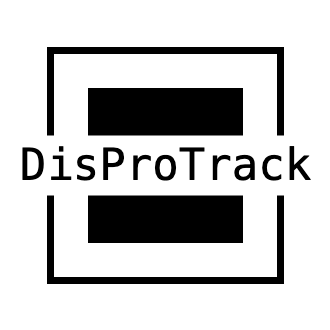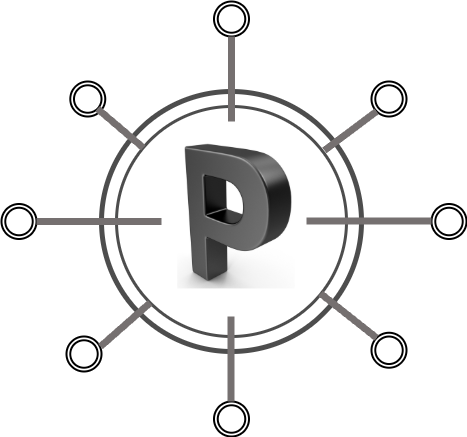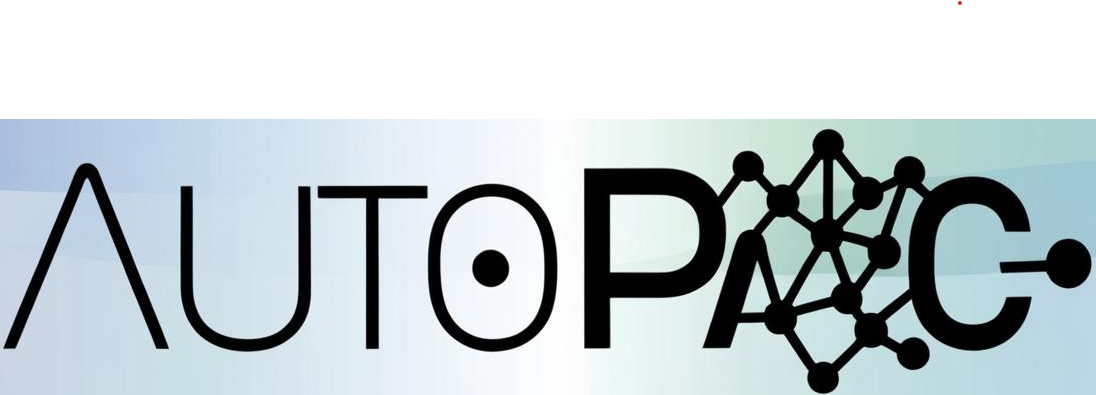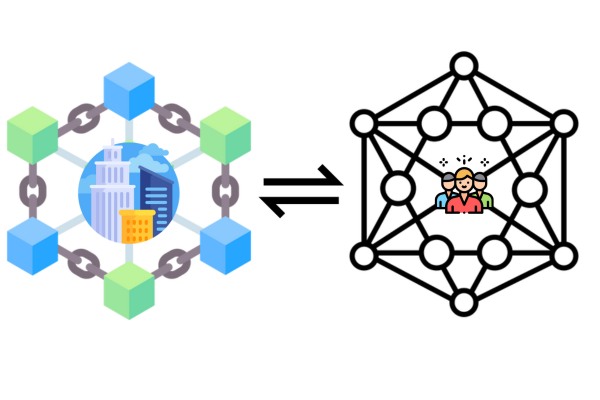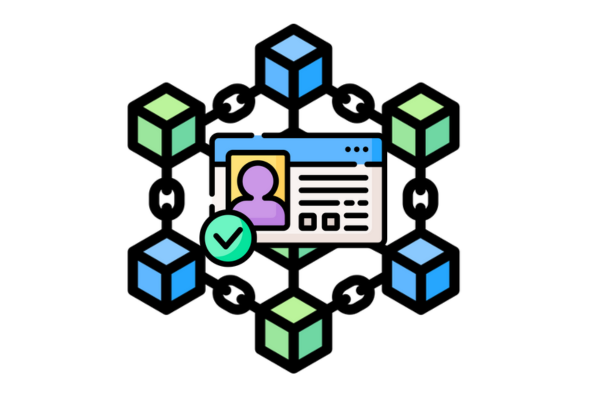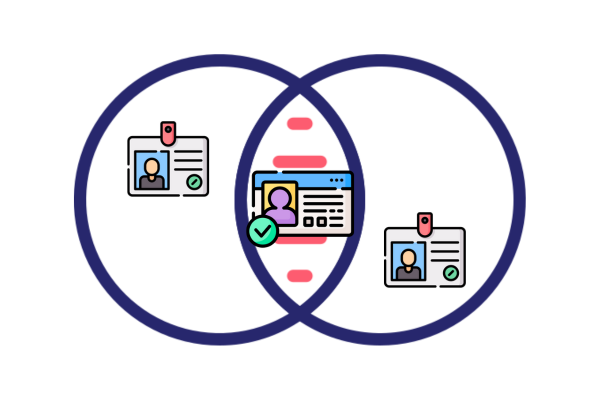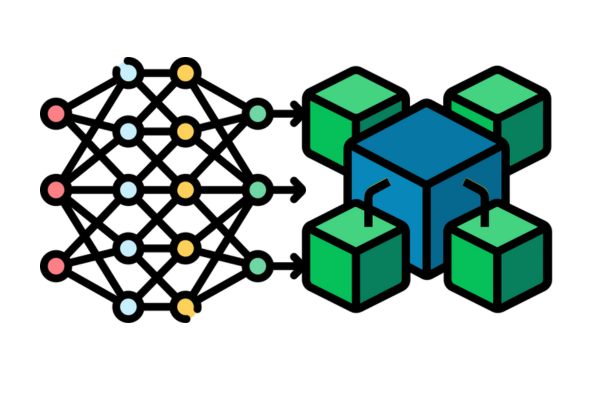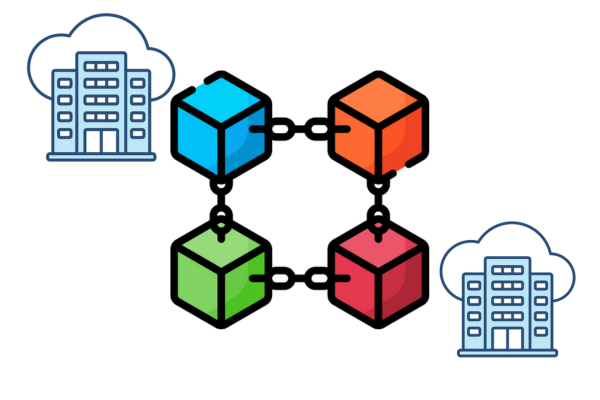Distributed Systems
Large-scale pervasive systems are likely to be distributed. We study reliability, fault-tolerance, system vulnerability assessment, etc., for large-scale distributed systems. From the application perspective, we work for developing blockchain-assisted systems and utilizing the concepts of blockchain and decentralized web for secured data and asset transfer among multiple consortiums of users. Centralization of control and trust on a single authoratitive entity vastly reduces the trustworthiness of any sytem as a whole. A major focus of our research on distributed systems is to build decentralized systems where the stakeholders maintain control with themselves and the trust basis for any operation is not centralized. We primarily focus on the interoperability aspect of decentralized systems, mainly involving permissioned distribute ledger technologies (DLTs). Our research in distributed systems also focuses on various aspects of cloud and edge computing, like resource allocation, edge-cloud orchestration, containerized application development, deployment, etc. A few of our recent researches are summarized next.
Edge Networking and Resource Management at the Edge
Today's smart environments rely on computation at the edge. We work towards developing an efficient and cost-effective mechanism for edge orchestration and service provisioning at the edge by developing predictive models. Specifically, we explore containerization frameworks like K8S pods, application sandboxing at the edge, geo-distributed application management, serverless platforms, etc. We particularly look into how a pervasive application can take help from distributed processing frameworks for its large-scale execution. Recently, we also started exploring edge accelerators for developing pervasive applications. We have recently started working on provenance tracking of distributed functionalities over serverless platforms to detect various vulnerabilities and policy conflicts.
Automated Policy Translation and Enforcement for Cloud-Native Deployments
Observability and security compliance of large-scale deployments in organizations is crucial to its smooth functioning. In these works, we present novel frameworks utilized for genration, validation and enforcement of policies. We focus on creating a framework for creating organization policies as codes from user prompts in natural language by harnessing fine-tuned Large Laguage Models trained on custom datasets followed by validation of these policies before deployment in policy engines. Further we dive into extending the existing eBPF verifier architecture by enhancing it with an in-kernel policy compliance layer that performs source-control and ascertains that privilleged programs like eBPF align with rules and policies of organizations.
Blockchain Interoperability and Identity Management
Rapid adoption of blockchain networks has led to fragmentation in protocols, governance models, and data formats. Different public as well as private blockchain platforms have formed their own silos, often revolving around niche use cases. Blockchain interoperability is crucial for enabling seamless communication between different decentralized systems, allowing businesses, services, and users across various networks to achieve broad business objectives. At UbiNet, we are developing frameworks to bridge these gaps, enabling interactions between permissioned and permissionless blockchains, as well as between different permissioned networks. To achieve permissioned blockchain interoperability we have introduced decentralized identity infrastructure for cross-chain identity exchange, along with privacy-preserving protocols to negotiate common trust anchors. We also address the Private Certifier Intersection (PCI) problem, ensuring privacy in credential verification.
Decentralized Service Providing Platforms
Decentralized service providing platforms are essential for eliminating reliance on centralized intermediaries while ensuring trust, transparency, and resilience in digital ecosystems. However, existing blockchain-based service platforms often struggle with scalability, interoperability, and secure coordination across fragmented deployments. We are addressing these challenges, while developing different decentralized services. We have developed a decentralized framework that enables seamless multi-cloud service provisioning without a central broker. Our work on CollabCloud introduces a trustless cloud federation using blockchain, integrating a permissionless blockchain for end-user interactions and a permissioned blockchain for cloud service provider coordination. Similarly, in federated learning, while blockchain ensures accountability, existing frameworks do not scale efficiently across independent blockchain networks. We are pioneering Proof of Federated Training (PoFT) to enable cross-chain verifiable model training, leveraging model parameters instead of structural embeddings for efficient and scalable model exchange. At UbiNet, we are advancing systems research to achieve better decentralized control and enhanced privacy while achieving real-world scale.
